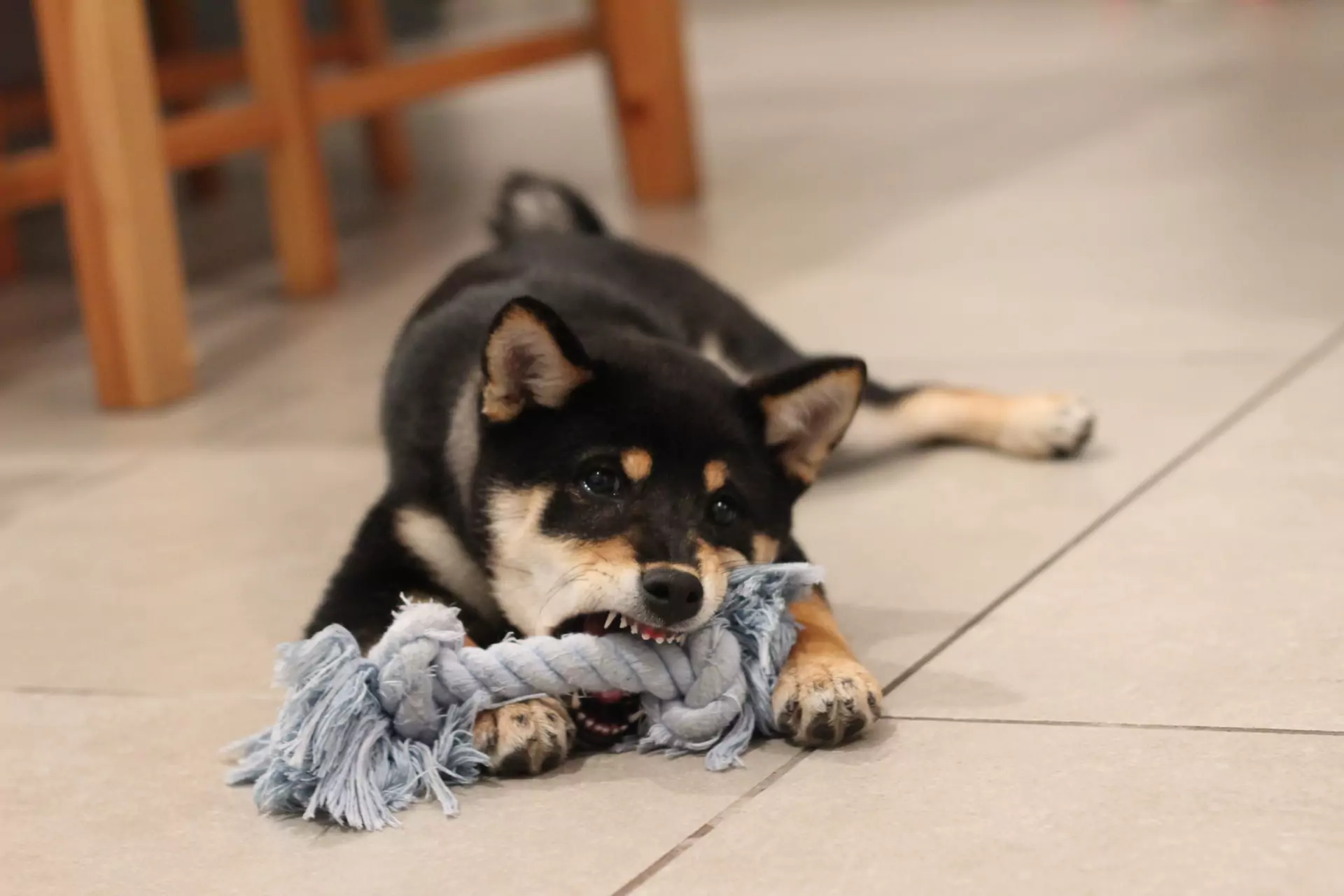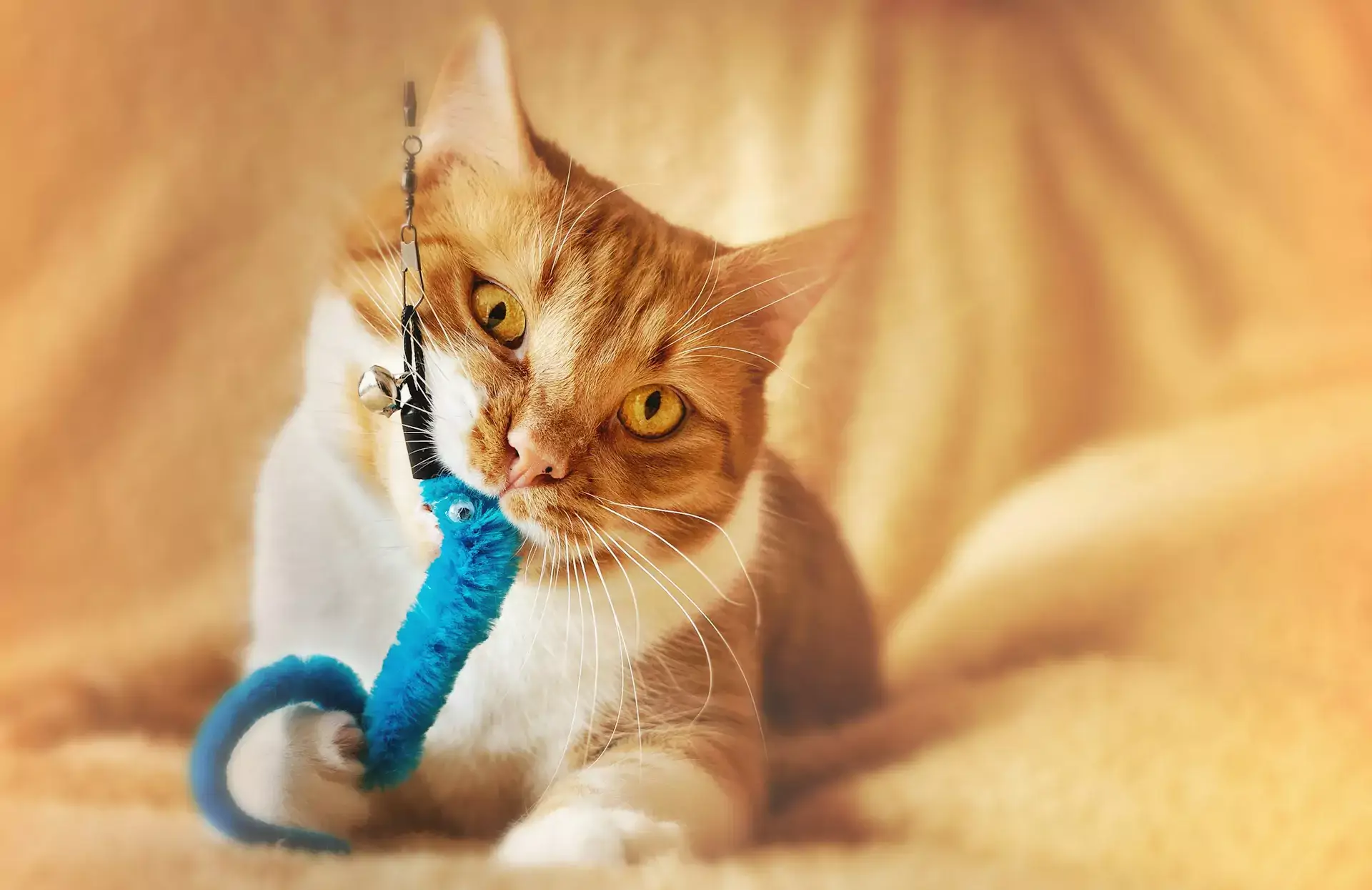The Importance of Brushing Your Dog’s Teeth
Did you know that gum disease affects up to 90 percent of dogs over the age of three? Fido may experience various dental problems as well. Some of the issues that can arise are abscesses, infections, and cracked or broken teeth. Proper dental care is crucial for maintaining your furry friend’s overall wellbeing. Sadly, this essential part of pet care is often disregarded.
Fortunately, taking care of your dog’s dental hygiene doesn’t have to be a daunting or time-consuming task. In fact, it’s a simple and affordable way to greatly improve Fido’s oral health. In this article, a veterinarian from Washington DC provides some helpful information on how to properly brush your furry friend’s teeth.
Should You Brush Your Dog’s Teeth?
Brushing is equally advantageous for our furry friends as it is for us. Regular brushing is essential for maintaining oral hygiene and preventing the buildup of plaque and tartar. By diligently removing food particles, you can effectively safeguard your dog’s teeth and gums against potential dental issues.
Just as with humans, tartar buildup can lead to gum disease in pets. As tartar accumulates, it begins to exert pressure beneath the gums. Over time, little pockets form, providing the perfect spot for bacteria to breed. As time goes on, infection can cause the gums to recede and the bones to deteriorate.
More Than Just A Nice Smile
Research has established a direct connection between gum disease and a number of serious medical conditions, including heart disease. This is because the infection caused by bacteria has the potential to spread from your pet’s mouth to their vital organs.
Getting Your Dog Comfortable With Home Brushing
Starting early will make this process much easier. Ideally, your puppy will grow up believing this is a natural part of being a dog. That said, it’s still possible to train an adult dog to become comfortable having their teeth brushed. It just might require a bit more time.
Begin by gently massaging your dog’s teeth and gums using your finger. Do this while you’re petting him so that he associates it with receiving affection. Next, praise your furry friend and present him with a delicious snack.
Next, it’s time to incorporate some doggy toothpaste. Do not use human toothpaste, as it can be harmful to your four-legged friend. Instead, look for a product that is specially formulated for canine use. Your Washington DC vet can provide guidance on this. Apply a small amount either to your finger or a pet toothbrush and gently brush your pup’s gums and teeth. Once again, be sure to provide treats and praise to make it a positive experience.
Do this daily until your pet becomes accustomed to it.
What If Your Dog Refuses?
Even the gentlest canine can become anxious sometimes. If your dog is hesitant about having his teeth cleaned, there are alternative methods you can try to maintain his oral hygiene.
Here are some examples:
- Mouthwashes
- Dental flakes
- Dental chews
- Food and treats formulated for dental health
Another suggestion is to try applying dog toothpaste onto a Nylabone and letting your dog chew away!
How Often Should You Brush Your Dog’s Teeth?
As an experienced Washington DC veterinarian, we recommended brushing Fido’s teeth twice a day for optimal oral hygiene. If this isn’t feasible, daily is fine as well. There’s no need to tackle your pet’s entire mouth all at once, either. If need be, focus on one area at a time. Your furry friend will still reap the benefits! Once you and your dog have mastered this skill, it should only require a minute or two.
How Many Dog Owners Brush Their Furry Friend’s Teeth?
Unfortunately, this number falls short of our expectations. According to estimates from Ipsos, who conducted a poll on the topic, a mere eight percent of dog owners take the time to brush their pet’s teeth.
Fido is outperforming Fluffy in this area: only four percent of cat owners actually brush their feline’s teeth. (Admittedly, cats are not typically known for their cooperation in this matter.)
Is It Safe To Use Regular Toothpaste On Dogs?
The answer to this is a resounding ‘no’. Human toothpaste is not suitable for our furry friends, as it contains ingredients like birch sugar (xylitol) that can be harmful to dogs. The good news is, there are a variety of pup-friendly toothpastes available in flavors that dogs find appealing, such as chicken or beef. Having a dog that actually enjoys his toothpaste can make your life much easier!
It’s also important to avoid using a toothbrush meant for humans on your furry friend. Consider instead using a toothbrush that’s been specifically designed for a dog’s mouth. There are also finger toothbrushes available for your convenience.
Is It Too Late To Start Brushing My Dog’s Teeth?
Generally speaking, it’s much easier if Fido is still a puppy. As your four-legged friend reaches adulthood, things can become more challenging. That said, it’s certainly not impossible. It’ll just take some training and lots of patience.
If you’ve adopted an adult dog who is not responding well to traditional training methods, you might find more success using other methods, like dental flakes. Consult your local Washington DC vet for personalized guidance.
Signs of Dental Issues in Dogs
It’s important to be aware of any signs that Fido’s teeth or gums may be causing him discomfort, as he won’t be able to communicate this to you directly. Here are a few of the most common signs to watch for:
Drooling
Certain dogs tend to be quite slobbery by nature. For instance, if you happen to own a Saint Bernard, it’s safe to assume that he might be a tad more “drooly” than other breeds. On the other hand, if your furry friend doesn’t naturally drool a lot, but has recently developed a habit of leaving wet spots on the floor, it’s possible that there may be an underlying dental issue. Another cause for concern is the presence of ropy or bloody drool.
Bleeding Gums
You might not necessarily be able to detect signs of blood directly on your dog’s gums. However, you should keep an eye out for any red stains on Fido’s toys, dishes, and chews. When the gums start to bleed, it’s usually an indication of underlying dental problems, like gum disease.
Tartar Buildup
Is your dog experiencing a buildup of brown or yellow gunk on their teeth? If so, he could benefit from a thorough cleaning, at the very least. With proper care, the gums can heal and reattach, promoting overall oral health.
Bad Breath
Dogs are known for many amazing qualities, but having minty-fresh breath is not typically one of them. That said, it’s important to note that your furry friend’s breath shouldn’t leave you cringing. Severe halitosis may indicate dental issues in dogs. Furthermore, it can also be a potential sign of underlying medical conditions. Consult your Washington DC veterinarian for more information.
Swelling of the Mouth, Face, or Head
Although it is important to take all of these symptoms seriously, swelling is particularly concerning, as it could indicate that there is an infection present. This can be particularly risky as it’s in such close proximity to the brain.
Disinterest in Play
Dental problems can really put a damper on Fido’s enjoyment of his favorite activities, since he uses his mouth to play. If your beloved pet no longer shows enthusiasm for games like Fetch or Tug-of-War, it could be a sign of dental issues.
Changing in Eating Habits
Dealing with a painful tooth can be quite unpleasant. You might notice that your furry companion is now taking more time to finish a meal. Fido might also occasionally let some food escape from the corner of his mouth. Dogs that have dental problems may often prefer softer food and treats. In more serious situations, their appetite may significantly decrease, which can be a critical health concern.
Grumpiness
Having a toothache is definitely not a fun experience, as many people can confirm. Dental issues have a way of dampening one’s spirits. If your furry friend is experiencing mouth pain, he might become unusually gloomy. He may also choose to withdraw and spend time alone instead of socializing with his humans.
If you notice any of these signs or symptoms, a visit to your Washington DC vet is in order.
Schedule an Appointment at Our Pet Hospital in Washington DC
Do you need any assistance regarding your dog’s dental health or care? Have you noticed any dental issues with your furry friend? Feel free to reach out to us, your trusted Washington DC veterinarian, any time!



